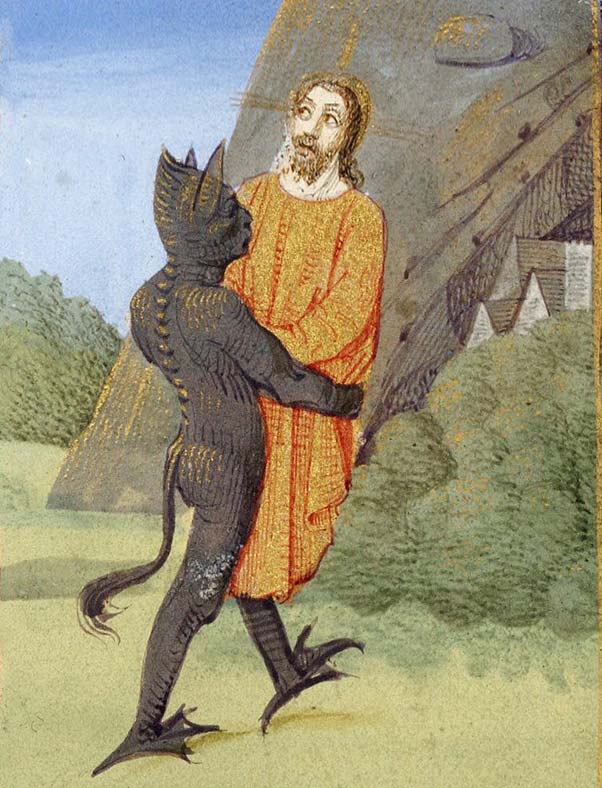

What is Fasting? Well the Cambridge Dictionary defines it as "to eat no food for a period of time" whilst the Oxford Learners Dictionary adds a little more "the practice of eating little or no food for a period of time, especially for religious or health reasons."
Dictionary definitions are helpful, but it is hard to express the depth and nuance of a concept in a short definition. Fasting, especially in the varying spiritual traditions of the world, has many layers of meaning which cannot be summed up briefly and simply, and likewise whenever we encounter a concept which has been around for a long while, we can always challenge or seek to expand what we might think with regards to previous ways of thinking.
At heart, I believe, the concept of Fasting is about freedom - it's about letting go of those things which we normally turn to easily. Nor is it limited to food - it can be a helpful discipline to fast from Social Media, or alcohol, or caffeine, or something that we perhaps take for granted. A couple years ago I gave up drinking any caffeine for the whole of Lent, and found that every time I wandered into the kitchen, as is my habit, to make a coffee or tea, I paused and thought about why I was doing this - and how much I had come to rely on these things to punctuate my day. And more often than not I prayed.
In such a fast, we are freed to pay attention to our spiritual life and to pause for a moment to consider what things have some kind of hold on us through dependence or habit.
“And when you fast, do not look gloomy like the hypocrites, for they disfigure their faces that their fasting may be seen by others. Truly, I say to you, they have received their reward.”
Matthew 6:16
-----------------------------------------------------------------------------------------------------------
Artwork - The devil carries Jesus up to a mountain to tempt him with an earthly kingdom (Luke 4:5–8; Matthew 4:8–10) Missal, France c.1470-75; Beinecke Rare Book and Manuscript Library, MS 425, fol. 48r. Beinecke Rare Book and Manuscript Library
